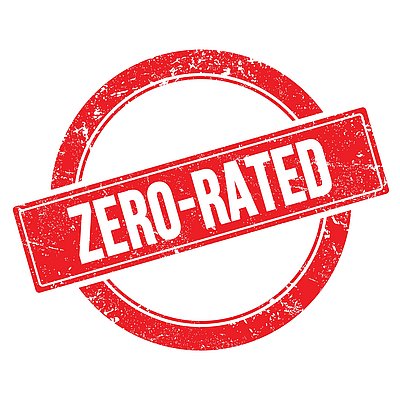In response to the rulings on the zero-rating options StreamOn and Vodafone Pass published by the European Court of Justice in September 2021, the Federal Network Agency prohibited the marketing of both tariffs options for new customers as of July 1, 2022. This paper examines the question of whether the abolition of zero rating had a statistically significant effect on the data volumes included in the tariffs and how strong this effect was, based on the monthly tariff data collected by WIK from 32 mobile network providers.
In order to analyze the effect in the tariffs of the former zero-rating providers, the difference-in-differences method is used, in which factors independent of the ban are controlled for by using a suitable comparison group. As part of the analysis, the effect is analyzed across all price classes and it is also examined whether the effect differs in different price classes.
The results allow the conclusion that there was a significant effect on the data volume included in the corresponding tariffs in connection with the ban on zero rating. In price classes 1 (≤ €29.99), 2 (> €29.99, ≤ €39.99) and 3 (> €39.99), the data volume increased by around 480 MB, 3.5 GB and 14.1 GB respectively in accordance with the main specification. In price class 1, this estimate could represent a lower limit.
The calculations performed provide concrete, albeit estimated, threshold values above which a customer is better or worse off. The situation of a customer who consumed less data volume via zero rating than the increases listed before the purchase of zero rating improves with the abolition, while it worsens for a customer with higher consumption. A worse position would imply that non-dedicated data volumes are priced higher than dedicated data volumes.
In view of the actual use of mobile data services in the German mobile communications market and the strategic motivation of the providers Vodafone and T-Mobile, it can be assumed that (former) zero-rating customers have not been worse off on average following the adjustment of data volumes as a result of the ban.



